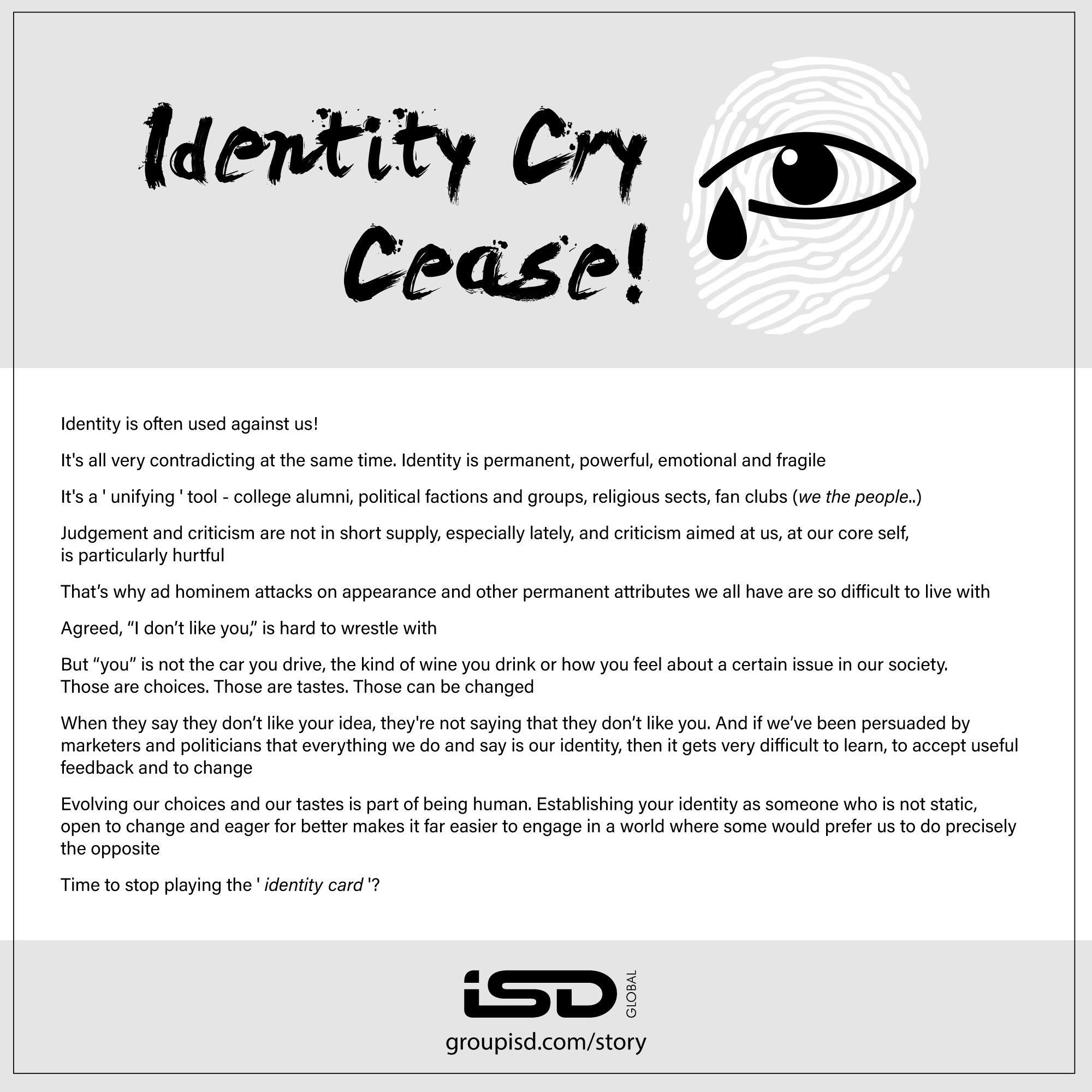Caveat: No, I don’t think there is a word called labellious, but I took the liberty of being rebellious.Yes, since there is a word called rebellious.
Since judging others is a full time profession for many, most of the world is a well employed place. Unemployment is only a myth. Though, the jury might be out on that one!!
” I am not an optimist. I am a realist. And my reality is that we live in a multi faceted, multicultural world. And maybe once we stop labeling ourselves, then maybe everyone else will “- Octavia Spencer
To me, labels were all about what we stuck on our notebooks and textbooks in school to establish ‘ ownership ‘ in the otherwise sea of sameness. When we grew up we were either at the giving or receiving end of labels like ‘ She is a prude ‘, ‘ He is an introvert ‘.’ Oh no, he is a stick in the mud ‘. ‘ She is a go-getter ‘. ‘ He is a rare talent ‘.
Then marketers entered the zeitgeist gleefully labelling people as ‘ Millennials ‘, ‘ Digital Natives ‘, ‘ Baby Boomers ‘ and what have you. Labelling makes ‘ targeting ‘ easier. Apparently!! That said, to me Demographics is Dead. RIP Demographics !
The thing with labels is that it can be both empowering and self-defeating. ‘I have tech phobia ‘. ‘ I am a misfit in social circles ‘. We are all multi-faceted at most times but the weight of a label buttonholes us into a default mode of the ‘ prescribed mode of conduct ‘. When the label description becomes the dictating narrative of our lives. The hunter becomes the hunted.
Modern day lexicon is not helping certainly. If everything is ‘ awesome ‘ as used by most digital natives in normal conversation, is anything? Not getting the latest fast fashion style at the brand store cannot be ‘traumatic ‘. But it ends up being so. By attaching the label of “trauma” to run-of-the-mill challenges, we risk amplifying their significance, making them appear insurmountable, and potentially hindering our healing journey.

We are all nomads here. So, the way out is to take advantage of the fluidity of life and adapt accordingly. Labels need not come with permanent glue. Treat them like Post-It Notes. There today, not there tomorrow. You can stick them on and peel them off, as and when you please.
Show it who is the boss- you are the landlord, the label is only a fleeting tenant. Use them like tools and not get bound by them as rules.
Obsessing over your own labels stops you from being an authentic version of you. You’re living up to a label someone who doesn’t know you as much as you do has given you, which is pretty weird when you think about it.
As an aside, before I conclude, for those interested, Labelling theory was developed by Howard Becker and is most associated with the sociology of deviance.
ENDS
